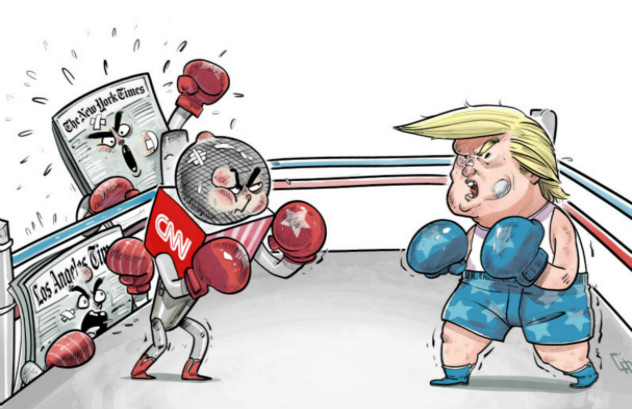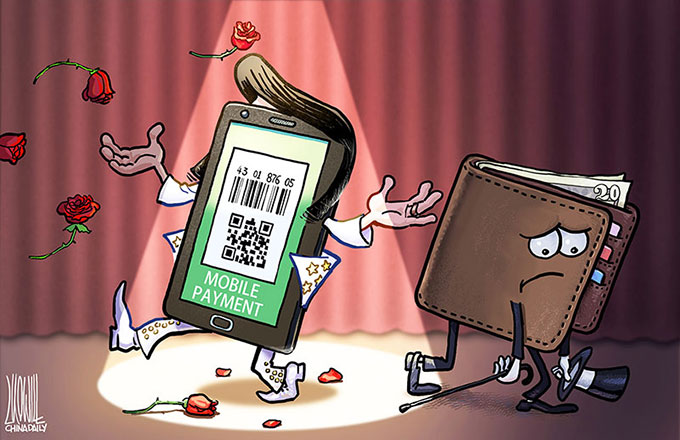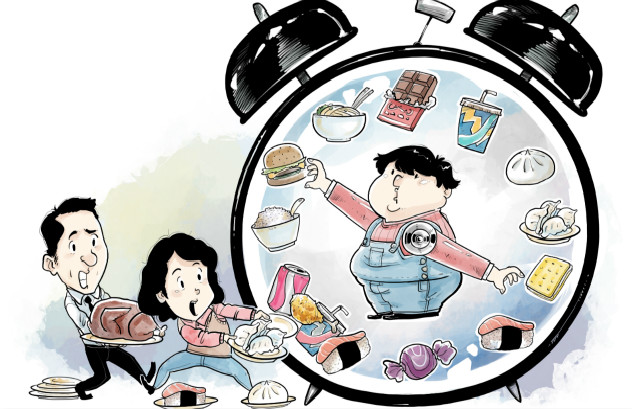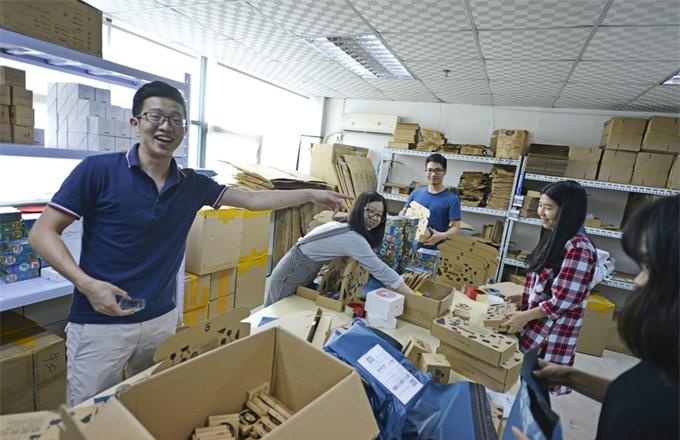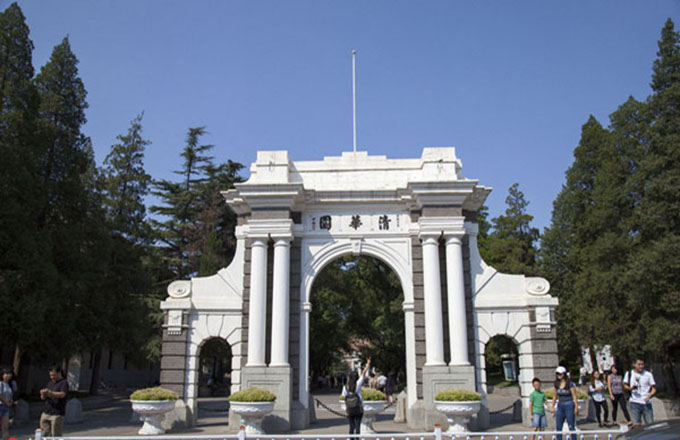Resorting to protectionism for political gains short-sighted
The recent rising tide of trade protectionism in Europe and the US has triggered economic challenges, but at the same time exposed their myopic political vision, said a commentary published by the People’s Daily Friday.
The article, titled “Petty tricks of protectionism should be abandoned,”comesas more European and US politicians resort to protectionism for political gains.
French far-right leader Marine Le Pen, for instance, labeled her economic policies as “intelligent protectionism.”As a presidential candidate of the National Front (FN), Le Pen envisioned restoring the glory of “Made in France” by tighteningborder control.
In the US, the Republicans are now consideringa border adjustment tax in Congress as a way to boost exports and reduce imports. The plan would in effect impose a tax on American imports while exempting American made exports from income tax calculations.
Meanwhile, the Chinese government, in recent years, has voiced its opposition against trade protectionism on many occasions, the article pointed out.
Chinese President Xi Jinping, while addressing the opening plenary of the 2017 annual meeting of the World Economic Forum in Davos, Switzerland on January 17, told the world that “we must remain committed to developing global free trade and investment, promote trade and investment liberalization and facilitation through opening-up and say no to protectionism”.
“Pursuing protectionism is like locking oneself in a dark room. While wind and rain may be kept outside, that dark room will also block light and air. No one will emerge as a winner in a trade war,” Xi stressed.
Politicians that back protectionism for political gainsare sacrificing their countries’ long-term interests, the paper pointed out.
“Although protectionism policies will bring a country deadweight loss, they meet urgent appeals that can be turned into votes or political donations,” read the commentary.
This conclusion echoes the findings of Italian economists who studied the changing attitudes of US policymakers towards protectionism in relation to their terms in office.
Economists Paola Conconi, Giovanni Facchini and Maurizio Zanardi found that senators serving out the final two years of their terms were significantly more protectionistafter examining 29 final roll-call votes on trade liberalization between 1973 and 2005.
In a second study, Italian economists found that US presidents are more likely to initiate WTO disputes during the last year of their first term. But they did not find such a pattern during Presidents’ second terms, when they no longer were eligible for reelection.


